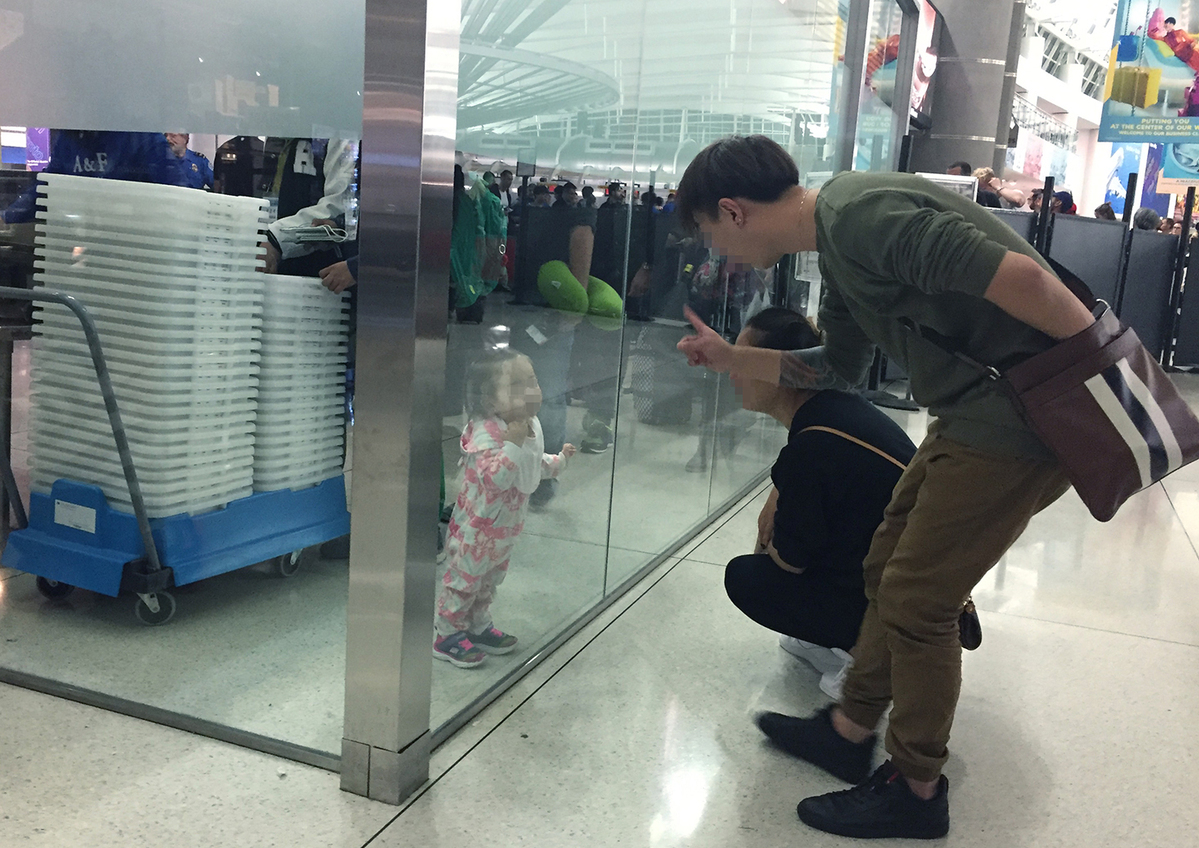Satellite babies feel the pain of separate lives
By Hong Xiao in New York | China Daily | Updated: 2019-03-27 09:02

The children are told that even now they are back, their parents are still making sacrifices, but this does not mean that they have stopped loving them.
Lee added that she thinks the children could show more understanding of their situation.
Chen said that being a satellite baby had strained his relationship with his parents, but also made him more independent.
"It made me understand why my parents did what they did when I was younger, in terms of working hard and sending me to China as a satellite baby," he said.
"My parents and I are now getting on better. Both my sister and I are best friends and we get along really well."
The council offers classes to help parents better communicate with their children, and to discipline them.
Lee said she does not expect these parents to create a family atmosphere like US families do by eating dinner together or adopting a full set of bedtime routines, "but at least they should talk to their children and (they should) try to understand each other.
"Children need to know their parents love them and want to talk to them," she said.
In the book Satellite Baby, written by students at the council and published in 2017, the main character comes to live with her parents in the US when she is 6, leaving her grandparents in China. "I haven't felt like speaking since," she laments.
After living with her parents for four years, they still feel distant, she is still scared of the dark and has trouble sleeping.
But the family eventually grows closer and the character takes on the duty of babysitting for her newborn brother, who was not sent to China to become a satellite baby.
She states: "We don't need the money. I love being part of this unique family."
























